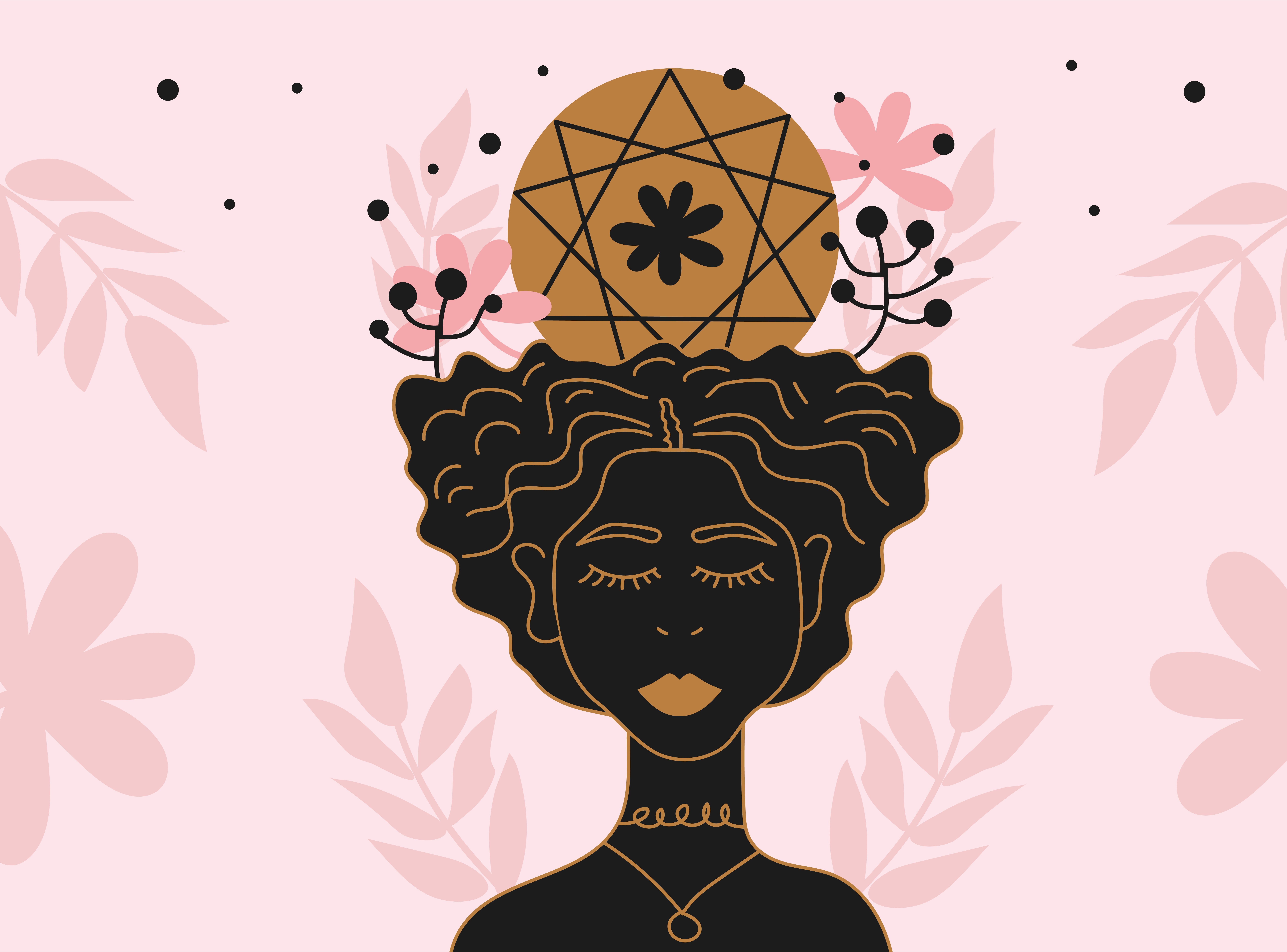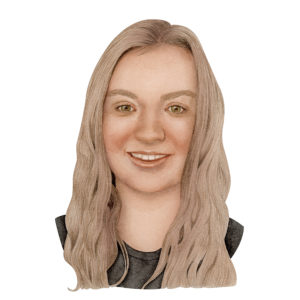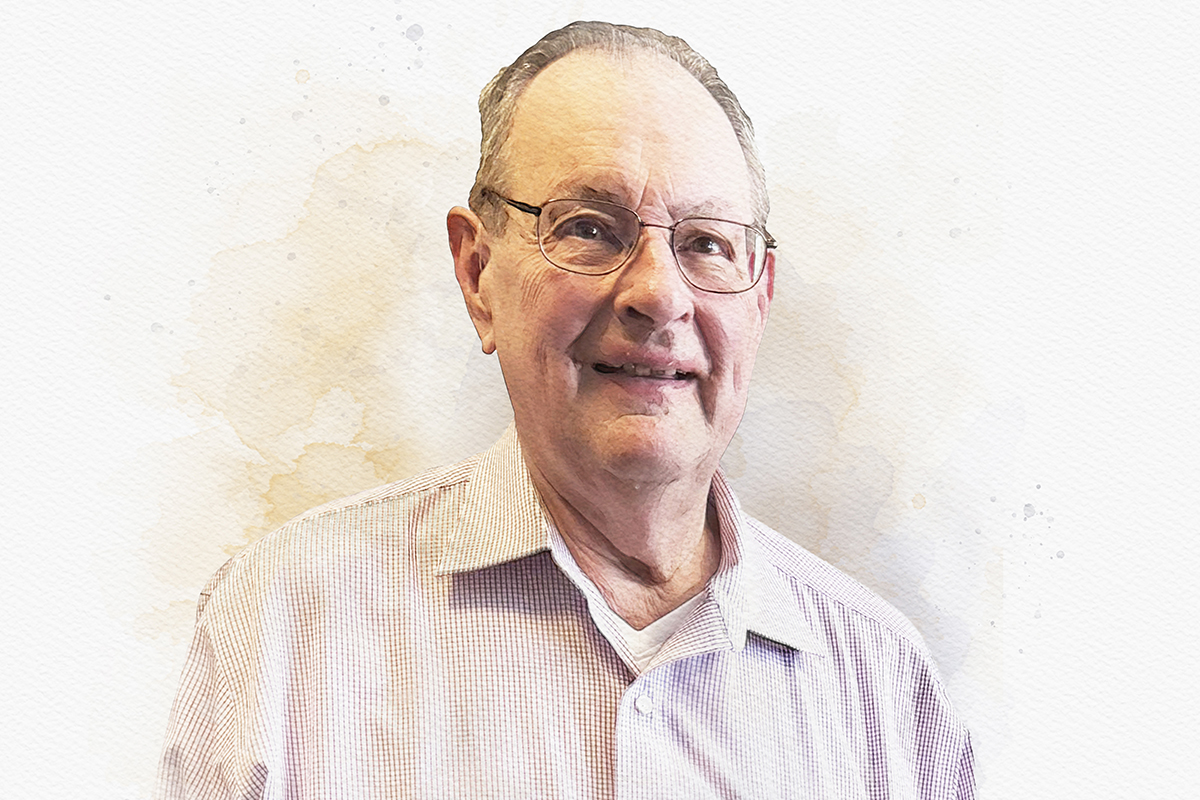Can the enneagram—that favorite tool of business consultants and executive coaches—help people in therapy?
Michael Shahan of Moss and Main Therapy Group in Kansas City believes so. Shahan is a marriage and family therapist and podcaster who has turned to the personality typing tool to help people understand why they do what they do.
The Enneagram is a personality roadmap of sorts. It consists of nine different ways people view the world, from their primary motivations to their primary fears. Shahan says that knowing which Enneagram number you fit into and using it as a therapy tool can help you understand yourself better than just “traditional” therapy on its own.
“I’m so much less interested in symptoms than what your symptoms are attempting to manage,” Shahan says. “The Enneagram number shows that exactly.”
Shahan’s approach helps clients identify the motivations behind their symptoms, whether it be anger, fear or shame, and use that information to heal and grow. “I noticed [Enneagram therapy] created a lot of understanding and compassion in my own relationship,” Shahan says. “When I learned more about my wife’s number, it depersonalized a lot of things she would do so they no longer felt like an attack. Seeing it in my own life and creating positive change was further proof to me.”
Shahan offers Enneagram coaching for individuals, businesses and other therapists. It’s just one of the topics he addresses in his podcast Same Time Next Week, which aims to demystify therapy.
Why did you start your podcast? I found that how the media portrays therapy is hardly ever accurate. I wanted to interview people who have gone through therapy for multiple reasons and have them tell their stories.
How do you teach businesses to use the Enneagram? At its best, the Enneagram lets us develop compassion for ourselves and for others. Many times, there’s not a problem with the business; there’s a problem with the people. The goal is to help people develop curiosity and understanding of each other. It improves work relationships so much in companies and businesses.
How do you think other mental health professionals can benefit from using the Enneagram? I developed a course to teach other therapists how to use the Enneagram with their clients like I do. When I started doing this, there was nowhere else I saw therapists doing this. My experience is that the Enneagram was so helpful and such an awesome shortcut for the work we do as therapists. [The course is] a six-week program—there’s been a pastor, life coaches, a school counselor and other therapists who use it as a model for helping others grow.






